Whatever you can do is a skill regardless of its magnitude, effect or popularity. Some skills are intuitive like those skills to find the under ground water wells and to predict a coming rain. Other skills are physical like electrical works or wood works. Many skills nowadays are soft like writing or creating video content. Even surfing the internet and finding the correct answers is a skill even if no one tells you so. Whatever you can do is a skill.
When we look for the job knowledge in applicants for a vacant position we are actually looking for the skills they have. Mental math is a skill and adding or dividing using a paper and pen is a skill. When recruiting an electrical technician you look of he can read electrical drawings. Not all electrical drawings but your specific electrical drawings as the standards vary. The flexibility to switch to a different standard in work is a skill in its own.
Why we learn skills?
Not every time we learn a skill because we have passion for it. Sometimes we are required to gain this skill. This need either stems from your willingness to make a change or from a change that is going to be rolled out at work.
In many work places new technologies are introduced every now and then. I had lived the transition from relays control to PLC control. Relays control is doing the logical operations through hard wired relays or switches that makes the “if”, “and” or “or” decisions. While PLC is doing it through a software program and graphical interfaces.
My biggest challenge was that I never worked with relay logic before. I gained the PLC programming skill very early during my university studies. My biggest challenge was that I never worked with relays control before. I gained the PLC programming skill very early during my university studies. But no one taught me the relays control. I found myself studying the relay-logic controls which is going to be demolished to guide the implementation and my team. My maintenance team which had worked for years with the relays control was divided into two groups. One excited about the technology upgrade and using computers for troubleshooting. The other was frustrated upfront. They were not comfy with gaining new skills.
This scenario is totally on the opposite side of the scale from a one who came into a new digital skill and felt a passion towards it, then decided to learn it. His willingness to add this skill to his skill set stemmed from his personal desire. There were no external forces requesting him to learn this skill.
What makes us frustrated during the journey to excelling a new skill?
Here are some thoughts that bring frustration:
- Takes long time,
- I mess it up when I started to configure my work space
- My hands can’t do it, I push the wrong buttons
- My mind can’t figure it out, I can’t get the next step without help.
- It is hard on my tangue, I can’t pronounce the jargon correctly
- I don’t understand the steps, they seem illogical to me
- Instructor is not engaging, I get bored, distracted, etc.
- Instructions are not friendly, it is not for beginners.
- I feel small relative to the other guys, they had made big jumps ahead of me.
- It is a long road, I think that I don’t have the time, money, patience, or dedication to do it.
- I missed the quick wins, I feel everything I do I do it wrong.
- Do I really want to do this? What was my intentions when I thought about it?
All or some of those thoughts can be valid. However, you can easily release or ease them before they held you back.
How to release the frustration block while learning a new skill?
The solution laies in two simple words; acceptance and commitment.
The Acceptance
Acceptance will shield you from resistance to external forces and ill comparisons.
Resistance is like friction. If you try to push a body faster than needed, the friction to the ground needs extra force. Moreover it may fall, break or rumple. However if you leave it to go up with its own speed, the missing commitment would slow down the transition.
Acceptance that doing this task is difficult for you now, that there are Acceptance that doing this task is difficult for you now, that there are many things you can’t figure out and, many people are good at what you stumble upon, will clear a huge part of the frustration. The remaining part of the acceptance is the believe that you will be there on the top after sometime. If you believe that you won’t make it, so that’s what would manifest in your life with time. Believe that you can and you will be ina better status at the end of the road. Today is a first step to grow up. If you insisted on resisting to start from square zero, you will stay there as long as you resist your current situation.
The Commitment
Commitment will boost your steps ahead. You need to allocate a reasonable chunk of your day for this new skill. The weighing factors behind calling this slot of time “reasonable” are the importance and other equally or more important tasks to do. Building a skyscraper starts one day with one brick and a shovel. It takes years and thousands of millions of bricks to finish the job. If they weren’t committed, it would never come to the final iconic building it came to be. Same with you, the only difference is that you are your own manager, coordinator and executor. No one will or can convince you to continue. Some punishment or threatening can move you a little. But, you will barely reach the door steps of the skill.
In conclusion,
Not every skill that we need to learn comes from our passion. But, they equate with those supported with our passion that both of them are faced with a long list of excuses why we may not or could not continue levelling up in that skills. That long list of excuses causes frustration and consequently results in abandoning that skill. To release or at least ease the block of frustration, you need acceptance and commitment. Why and how? That’s what we had discussed above.
If you feel you need help with any of these ideas we discussed, request a Management Consultancy or Coaching Services From our Store
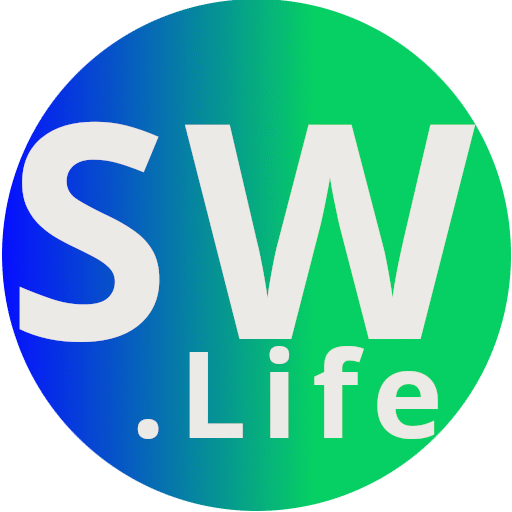
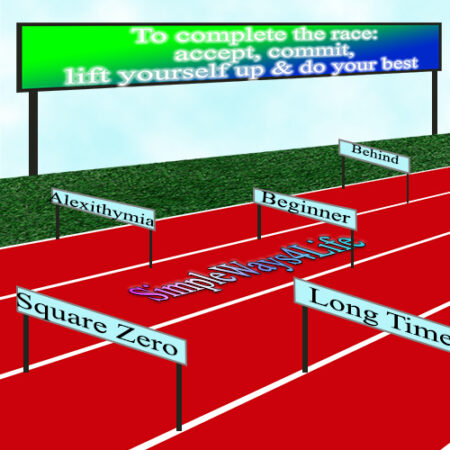
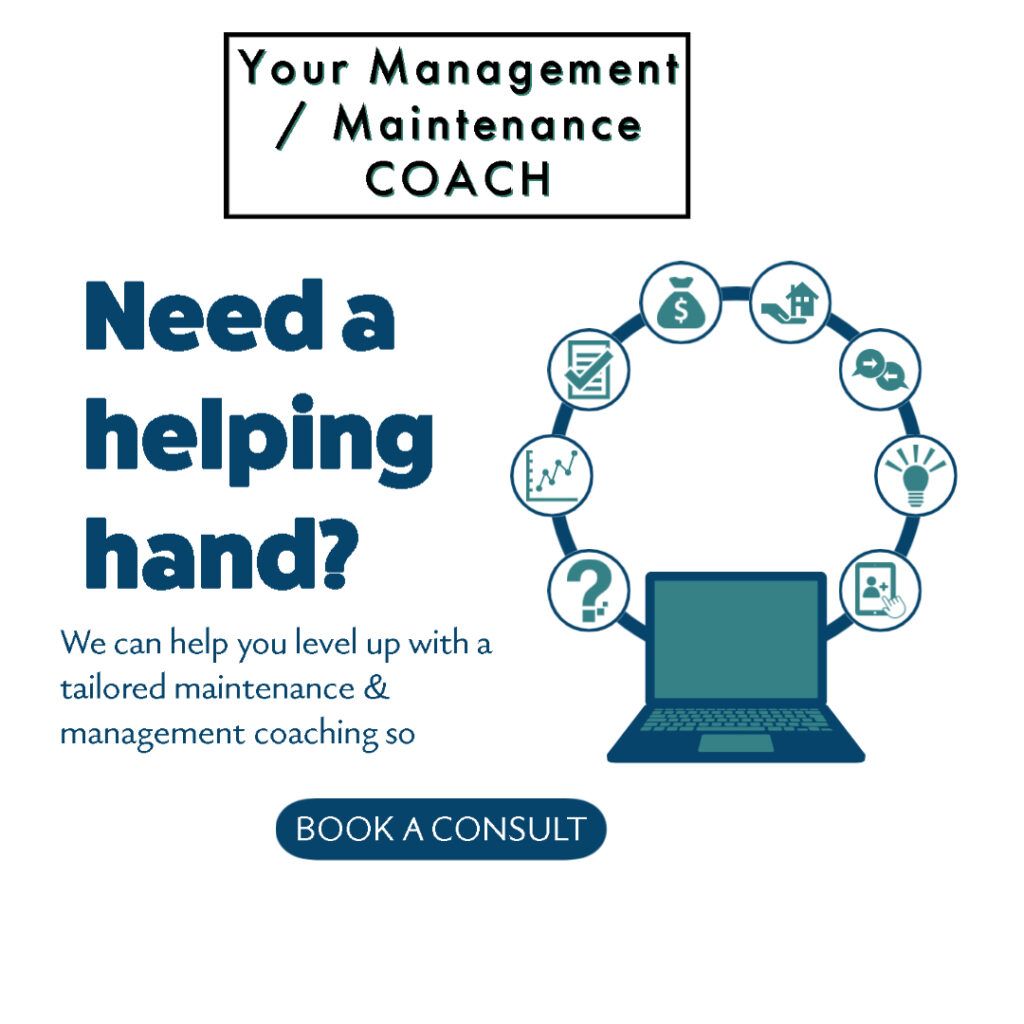
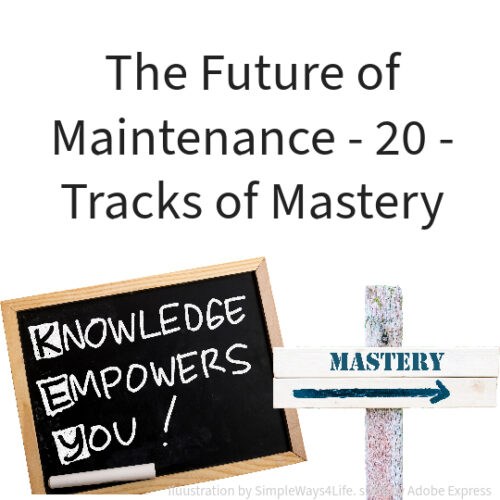
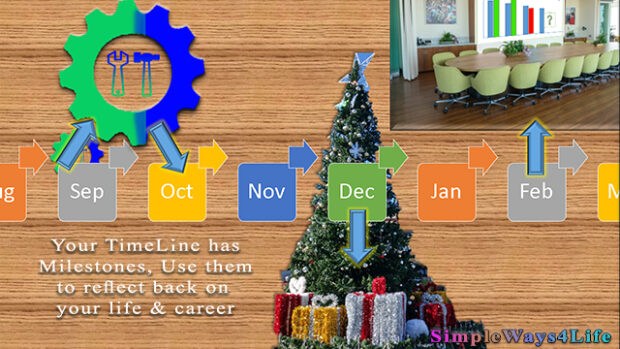
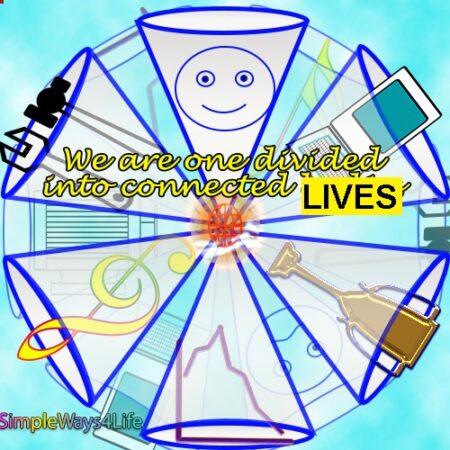
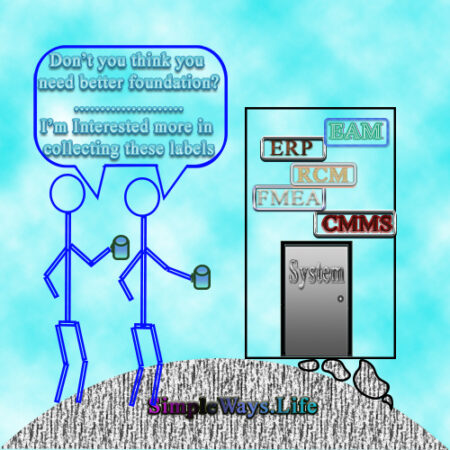
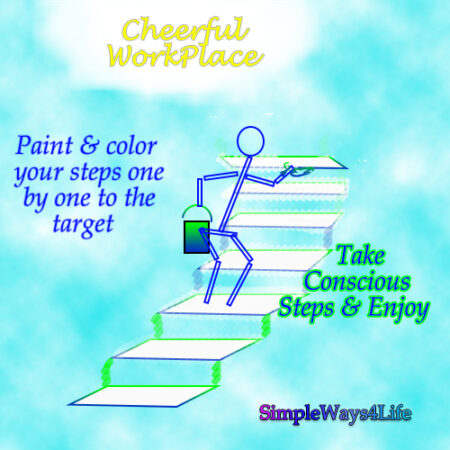
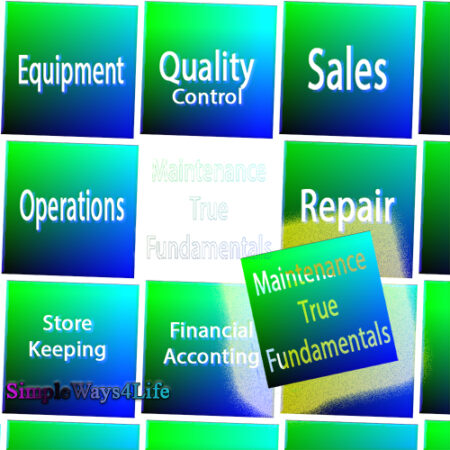
One Comment